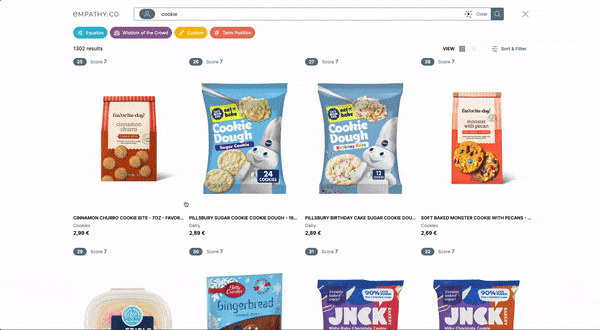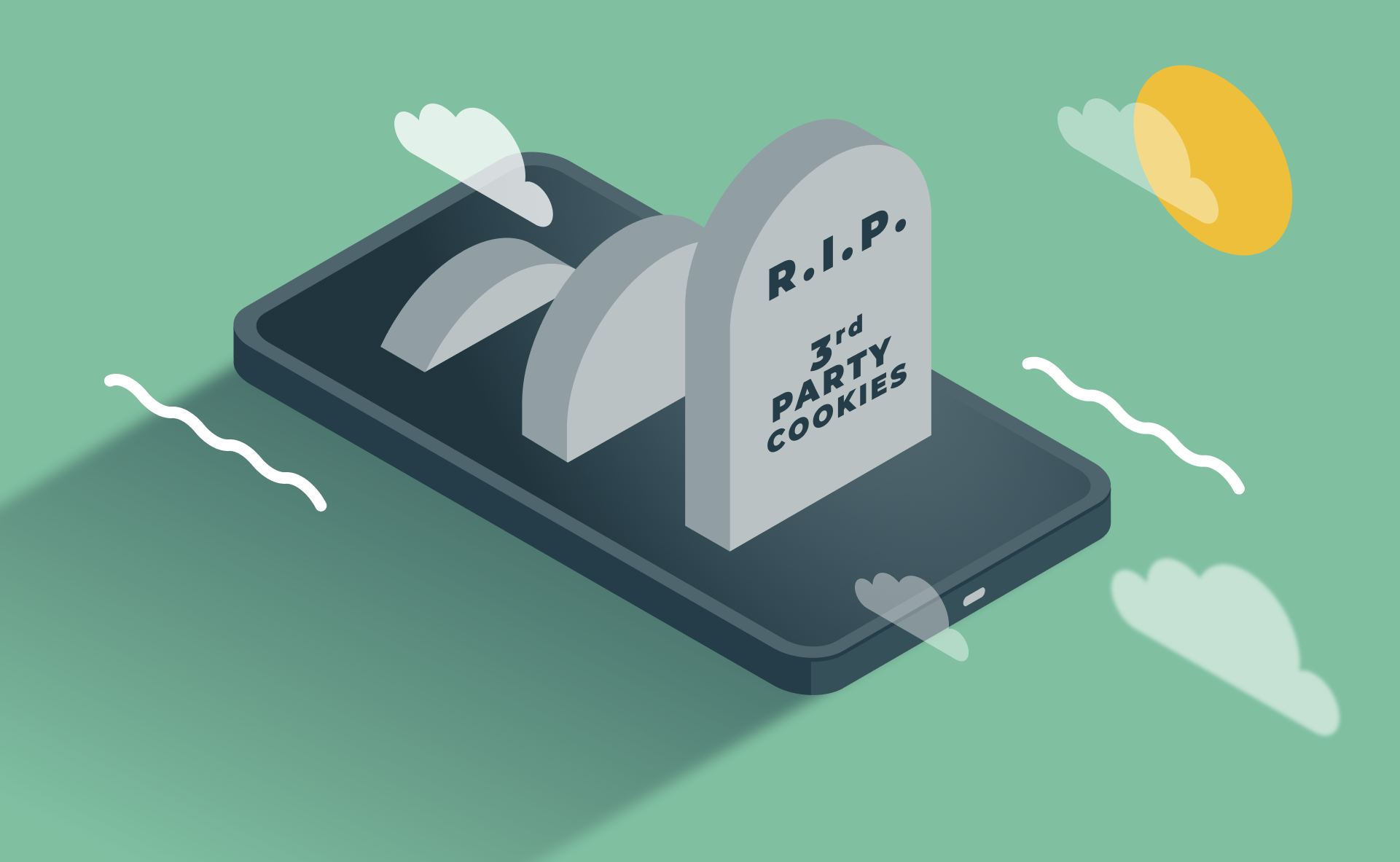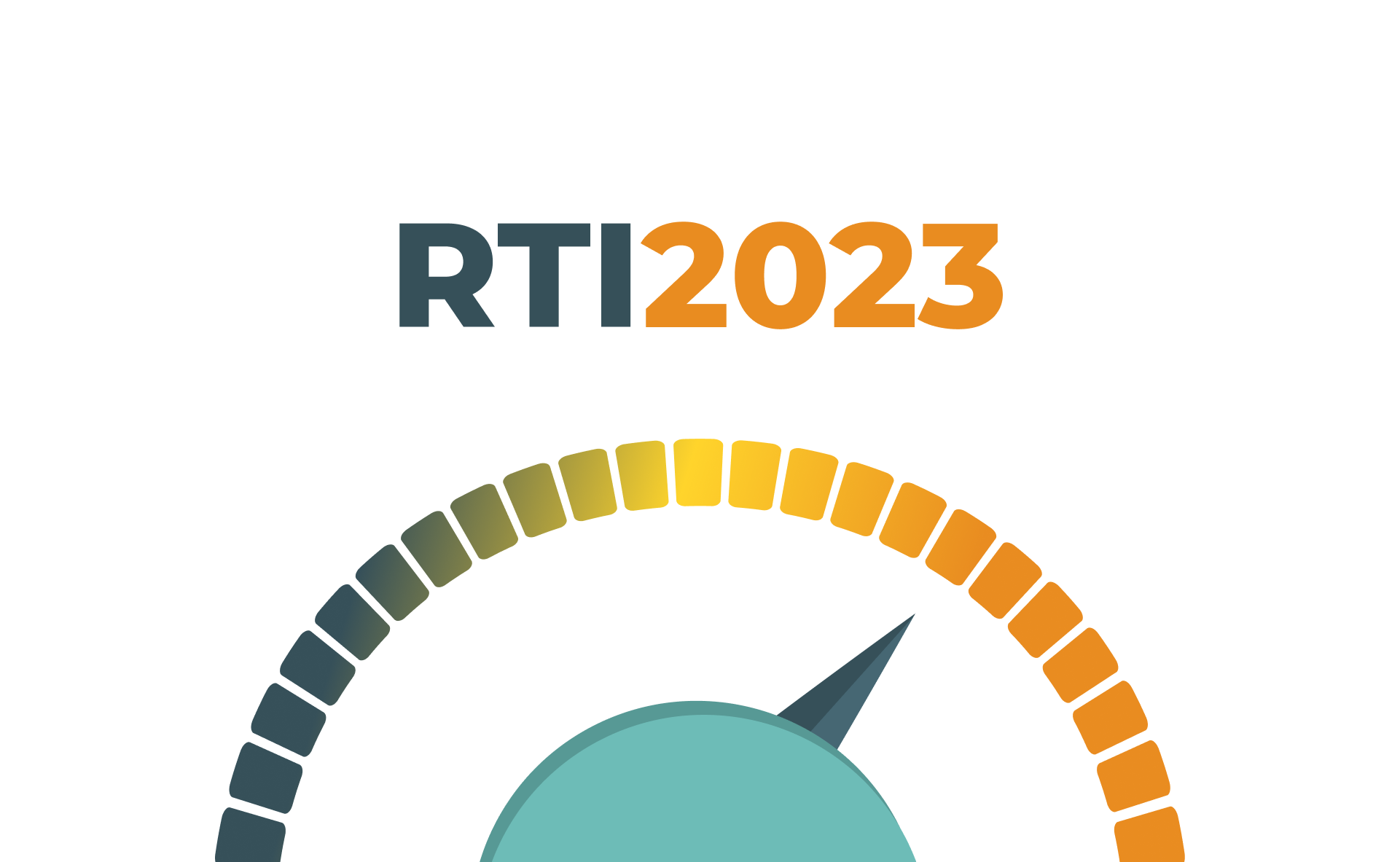Why Conversion? Mmmm....
Why Conversion? Mmmm....
Here is a collection of marketing messages from Software Vendors within the eCommerce Search offering:
- SLI-Systems: " Convert shoppers into buyers "
- Findify: "Sell more... "
- Bloomreach: " ...more discoverable, relevant and profitable "
- Fact-Finder: " Sell more... "
- Algolia (eCommerce): " Increase sales.. ."
- Apptus (Search): " Relevant search results mean big business "
- Attraqt " Step change in their conversion rate, and drive online sale success "
Is Converting an indication of Success?
What if I had to necessarily buy something in a store and I hated it? Why is the store counting me as a successful Visit? What if I did not have to buy but I had a wonderful experience? Would that make me a negative lost opportunity? Why is the store counting me as a negative Visit?
Building positive, joyful and pleasant interactions with Users inevitably has an effect on all rational aspects such as Conversion. On the other hand, focusing on Conversion as the core strategy simply predates or takes success from one section to the store to another. Of course Conversion and Revenue Uplift are the ultimate business purpose, but confusing the End with the Means to the End does nothing but predating existing production cycles as opposed to triggering growth . The online shopping challenge is non-linear in nature and therefore strategies to succeed need to be also non-linear, while the thinking process of increasing Conversion is built on three fundamental falsehoods:
- Linearity.
- Attribution.
- Users as Objects.
Linearity is not true in eCommerce
This is probably the most complex concept to grasp our of these three, our mind is not adept to understand distribution and by default we process and try to understand situations linearly when in reality there is no single chain of events to justify the thought process of one Merchandising Action (or re-sorting) being responsible of a certain consequence.
Attribution is not true without Causality
Within a distributed system, to Attribute the effect of one action in isolation to every other node in the tree is not smart. Surely one obtains momentary satisfaction in connecting events to causes in isolation, but the reality is much more complex, particularly when dealing with Subjects (People).
Users as Objects
The reasons that explain choices made by People, although trickeable in some controlled domains, do extend and propagate multi-directionally and multi-dimensionally (time, physical and digital). Most straterfies and metrics within Commerce are based on objectivity when these metrics refer to People; Subjects, defined per se as Subjective, irrational, emotional and ultimately ruled by the Human Mind (which remains for the most part a mystery to us).
Conclusion
Personally, I find Conversion useful when wanting to know if all the steps that build the online shopping process function. However, when you intend to look at brand and value growth through customer loyalty, Conversion is not adept. A more elaborated message where Conversion is set as a destination as opposed to the means is needed and it shall develop across the eCommerce arena. Experiences defined as memorable and happy mind associations are the single trigger that can be the catalyst to win customers. This is the thinking that has inspired us to move away from the conventional positioning of all players in our industry towards the pursue of Empathy and Emotional connections.
” Find Search Happiness…Create Magic Moments “ . Why not use that as a motto? And so we did.










